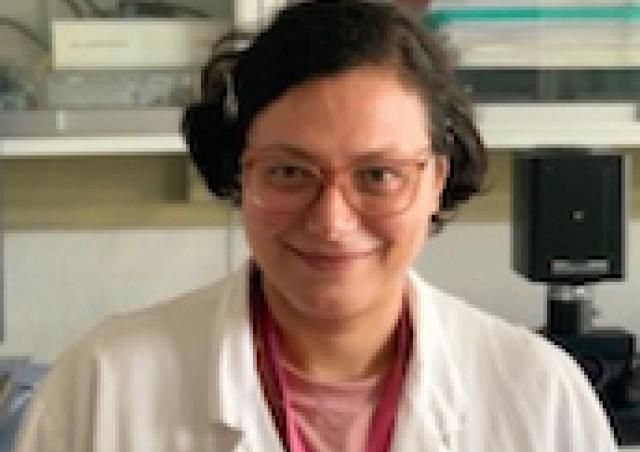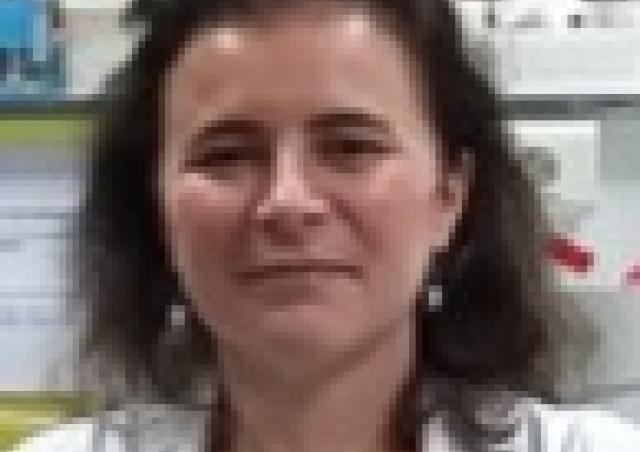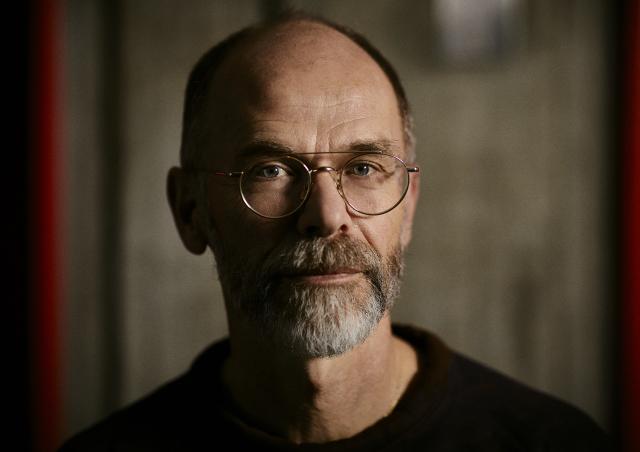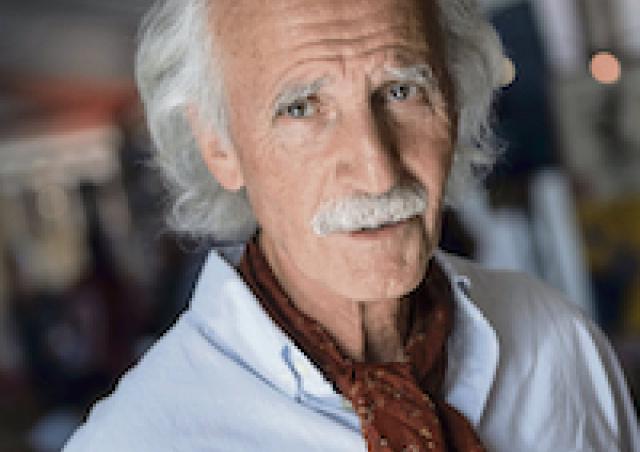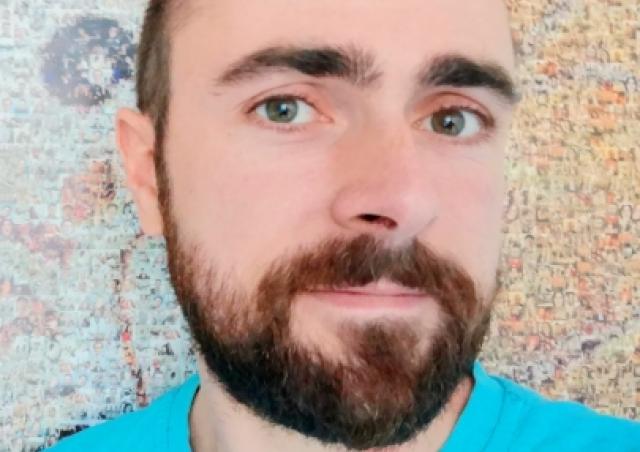Growing evidence suggests the SARS-CoV-2 virus may not fully clear from LongCOVID patients after initial infection. Instead, reservoirs of the virus can persist in patient tissue for months or even years, with recent research finding the SARS-CoV-2 virus in gut tissue of LongCOVID patients more than 600 days after infection. Insights on viral persistence of LongCOVID patients have power to direct investments in treatment and clinical trials, accelerating the path to impact for over 18 million patients suffering from LongCOVID globally.
PolyBio funds will increase the scope of MEGALONG - a study working to identify LongCOVID disease mechanisms directed by Drs. Dominique Salmon (ESPOIRS) and Morgane Bomsel (Cochin Institute). Research will determine if SARS-CoV-2 persistence bone marrow cells and the cell fragment they produced in blood, namely platelets, contributes to LongCOVID, including changes in microclotting, hormonal levels, or metabolic alterations. Platelets in blood form clots and stop or prevent bleeding. However, they are also part of the immune response and can engulf viruses and bacteria. Furthermore, bone marrow cells targets of virus during acute infection have been shown to form viral reservoir in AIDS. SARS-CoV-2 may persists in bone marrow cells resulting platelets containing viruses which could be a mean of spread to other tissues.
Some preliminary results of this research will be presented at the 31th Conference on Retroviruses and Opportunistic Infections in March 2024.
Dr. Morgane Bomsel is widely recognized for her work on bone marrow infection and viral propagation by platelets in both acute COVID-19 and chronic HIV. “It’s incredible to see an international team with such deep expertise in virology pivot to LongCOVID,” says Dr. Amy Proal, President of PolyBio Research Foundation. “Identification of SARS-CoV-2 in platelets could become a blood-based biomarker of viral persistence in LongCOVID.”


